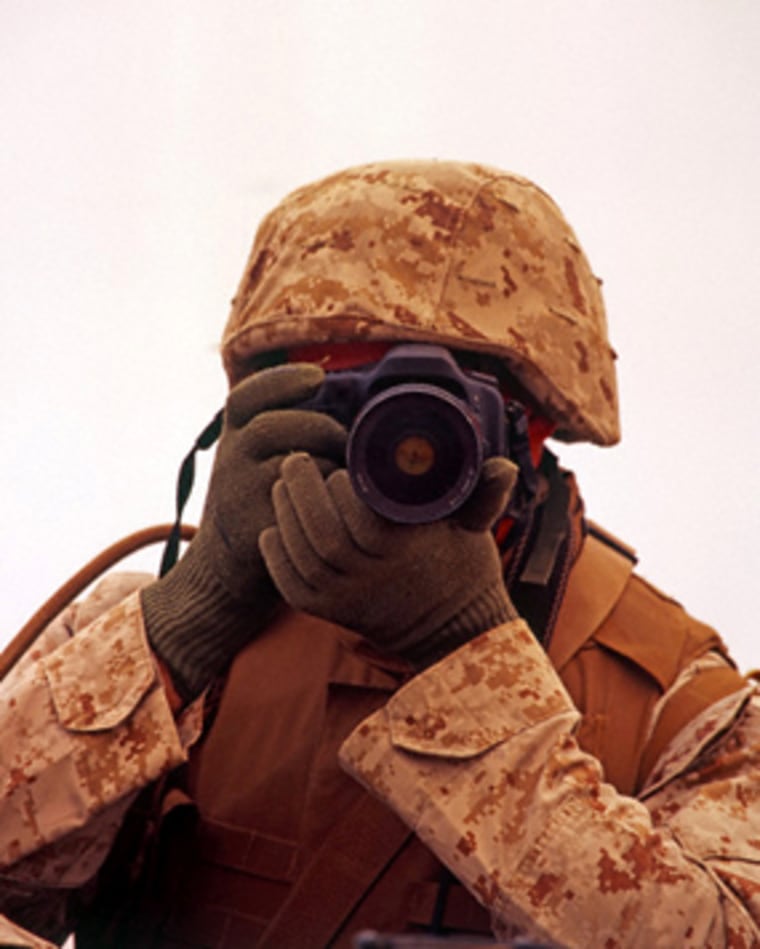Even hardened, world-weary reporters like to tell jokes — especially ones about travel. Overheard at the Foreign Correspondents’ Club in Istanbul: “So, the journalist goes up to the baggage check and says, ‘I want to send this bag to Ulaanbaatar and the other one to Rio.’”
Airline employee: ‘We can’t do that!’
Journalist: ‘Why not? You did it last time!’
Travel savvy, a sense of humor, and the ability to talk your way into anything are practically job requirements for gonzo foreign correspondents, who are world-class authorities on everything from roadside bombs to lost luggage. If you’ve been covering wars, coups, and natural disasters for years — and not only stayed alive, but stayed on budget and filed on deadline — chances are you’re a pretty smart traveler.
But these journalists also know a lot of travel secrets that might come in handy even for those not planning on taking a bullet, like how to tip and how to bribe. (Keep your bribe money reachable and separate from your main stash.)
So Travel + Leisure asked some of the world’s most intrepid foreign correspondents for travel advice — what to pack, how to dress, how to meet people overseas, and how to stay out of trouble (or get into it) anywhere from Belarus to the Bahamas.
Their counsel ranges from always traveling with a roll of gaffer’s tape — which has literally hundreds of on-the-fly uses, from sealing air mattresses to keeping your coffee cup warm — to avoiding mishaps large and small on the road by making sure your driver really does speak English. (Newsweek magazine’s Owen Matthews recommends asking drivers what they had for breakfast as a test.)
Even something as small as knowing which side of the road people drive on is key. “Looking left and stepping out into traffic can get you killed in a left-hand-side-drive country,” says Adnan R. Khan, who knows something about dangerous activities — he’s interviewed militant leaders and witnessed fighting firsthand at Pakistan’s Red Mosque. “My trick is: left-right-left. ... right-left-right, and then make a run for it.”
Also, don’t stand up for lost causes — when you’re abroad, it’s not the time to take pride in the lewd slogans on your T-shirts or your tattoos. “Outside the U.S., people actually do care about how they dress,” says David Gross, who since 1999 has been documenting the aftermath of genocide from the Balkans to Iraq. “Scruffy jeans will lower your social status in much of the world.” Instead, look respectable, and always bring an outfit suitable for dining with an ambassador — you never know when you might get an invitation.
Above all, meet people. Never forget, says Daria Vaisman — who nearly contracted anthrax while investigating a secret biological weapons manufacturing facility in Kazakhstan — that travel is a romance.
“A good introduction is worth 10 guidebooks,” adds Hugh Pope, who has been covering the Middle East for the Wall Street Journal, the Independent, Reuters, and UPI for 30 years, and who once used a good introduction to escape being executed by al-Qaeda. “Remember that real travel is going with the flow, meeting new people and accepting their invitations, not retracing the exactly choreographed steps of 1,000 package tours.”
